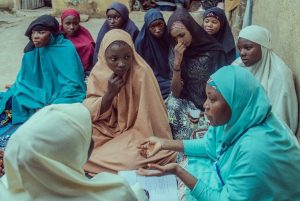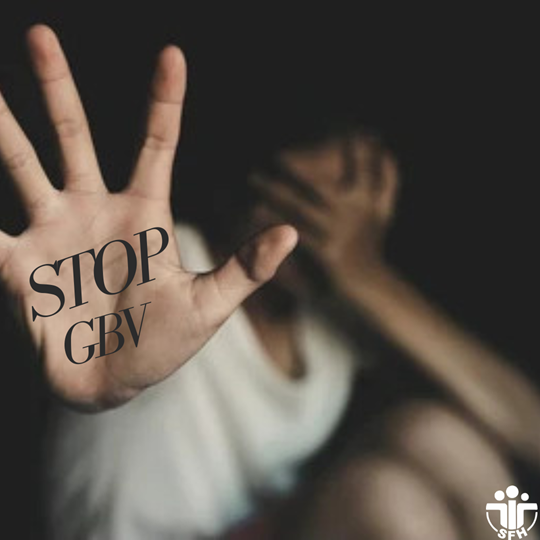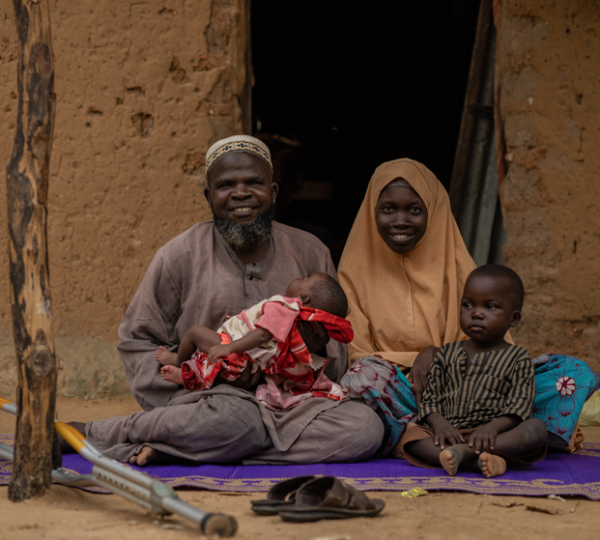Creating an Enabling Environment in Northern Nigeria Through Matasa Matan Arewa (MMA) Interventions
By Foluwakemi Ogunkua
When discussing the topic, ‘Adolescent Sexual Reproductive Health’ in northern part of Nigeria, you would be amazed at how people from conservative culture and religion shy away from the subject matter because it’s seen as an obstacle to have their desired number of children in life and the promotion of promiscuity among young people.
According to United Nations Children’s Fund (UNICEF), about 75% of young girls in the Northern Nigeria are either married and/or are married with one or more children before turning 18 years old. This has become a form of identity – ‘once you are of childbearing age, you should be married’. However, tunnelling deeper into the community it is apparent that a lot of these adolescent girls do not want to be just wives, they want to gain skills that would help them achieve their goals and support their families. They have yearned for assistance but to no avail until the coming of Matasa Matan Arewa (MMA) an intervention by Society for Family Health’s Adolescents 360 (A360) project.
MMA meaning ‘Married adolescent girls’ is currently implemented in four states in the northern part of Nigeria – Kaduna, Nasarawa, Kano and Jigawa. MMA creates an enabling environment approach to reach both young married girls through targeted one-on-one outreach by female mentors and their husbands through Male Interpersonal Communication Agents (Male IPCAs), community and religious leaders to increase voluntary contraceptive uptake, which is a tool that would support adolescent girls in achieving their goals.
This intervention has a four step ‘User journey’:
- Mobilization -A married adolescent girl learns about MMA from a female mentor, or from her husband who has been informed of the programme by a male IPCA. She is curious and agrees to attend a mentored life, family and health (LFH) course or counseling session because this service feels relevant to her and she feels supported by her partner to attend.
- Aspirational Engagement- A married adolescent girl attends up to four LFH sessions or goes directly to the health center for walk-in services. In the LFH sessions, she learns about topics that are applicable to her, including nutrition, child spacing, interpersonal communication, and financial management. She gains life and vocational skills and feels confident knowing she can use these skills in her daily life and possibly to generate income. She sees how contraception can help her achieve her plans.
- Contraceptive counselling & Service Delivery– a married adolescent girl is given the opportunity to choose a contraceptive method voluntarily – mainly injectables, followed by pills and implants. She is also told about other contraceptive methods, possible side effects with clear instructions on what to do if she experiences side effects, and they are equipped with the concept of switching methods if the need arises).
- Follow up – a married adolescent girl feels listened to and supported. She is confident that she can return to the health center whenever she has questions, experiences side effects, or needs a resupply of contraceptives. She receives follow-up calls from the provider and feels empowered to access services. She continues to see contraception as relevant to achieving her goals.

This approach was developed after a deep dive into a typical rural community in Kaduna, North central Nigeria through Human Centered Design. A360 as a project discovered that the best practice to support adolescent girls in having a voice to realise their dreams is to give them information about life and contraceptive that would prompt them to take charge of their lives.
With this intervention by Society for Family Health and her partner Populations Service International with funding from Children’s Investment Fund Foundation (CIFF), and Bill and Melinda Gates Foundation, over 100,000 married adolescent girls have accessed contraceptive methods, attended sexual reproductive health classes, and have gone through series of economic empowerment trainings such as soap making, perfume making etc., that has helped them feel/be empowered to support their family.




